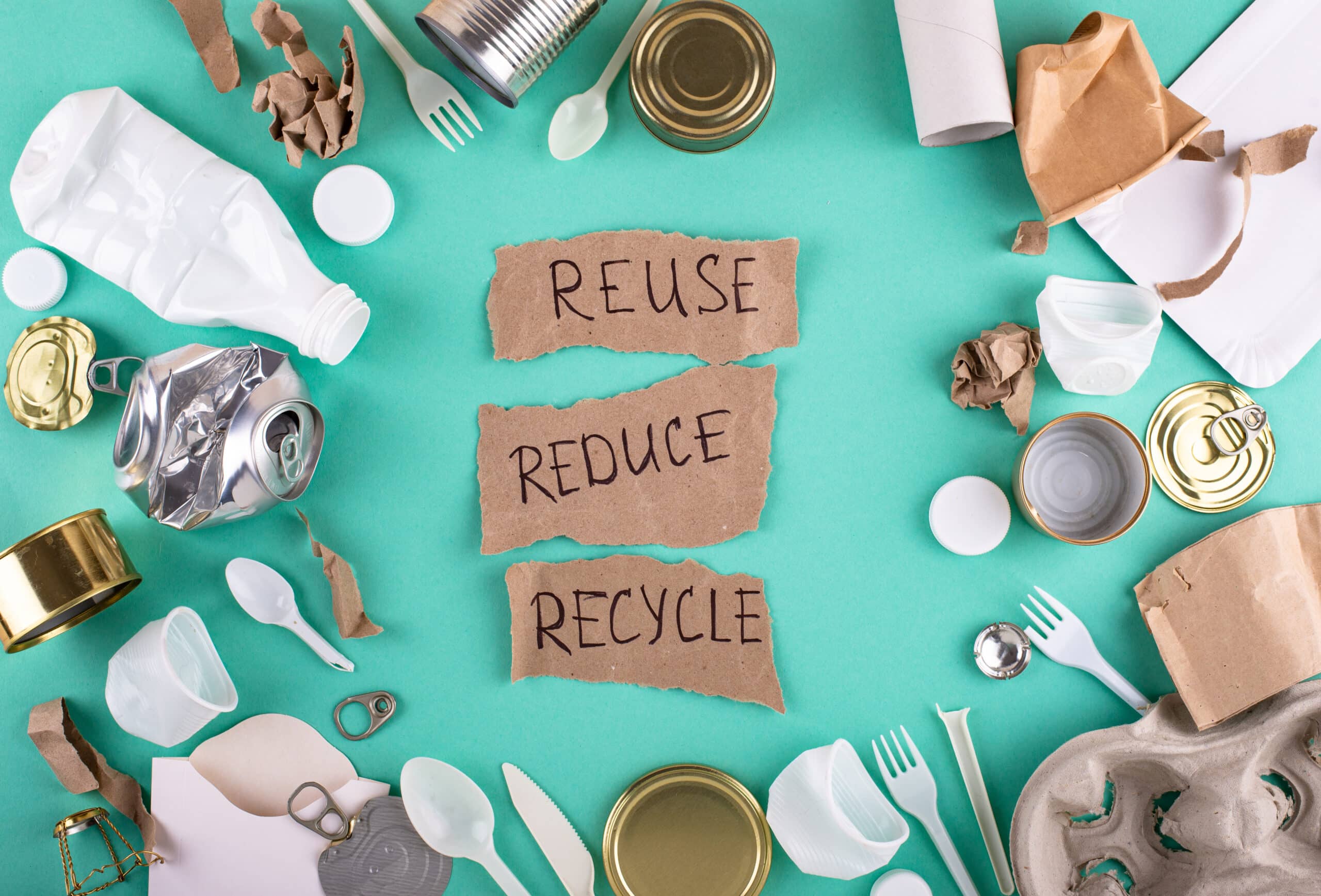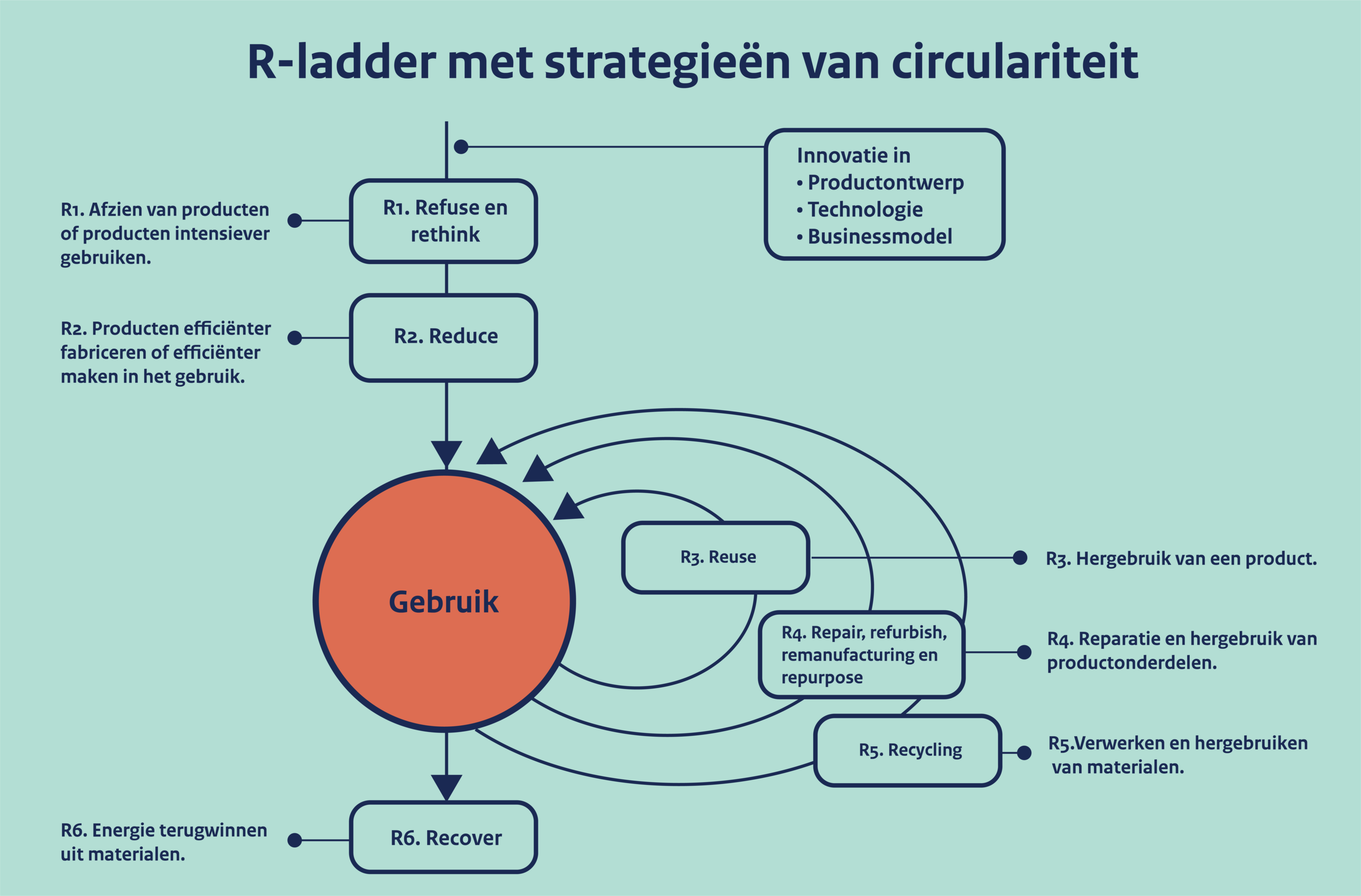
Prevention
It is better to prevent problems than to solve them afterwards. This is also true for the thema’s Fair Resource Foundation is working on, such as overproduction, pollution and the overall waste of resources. Therefore we focus on prevention: preventing unnecessary production and consumption. We think about reducing production (for example, avoiding unnecessary packaging) or consuming differently (such as promoting repairs and encouraging partial systems).
PREVENTION IS BETTER THAN CURE
In recent decades, we have started using more and more products that we discard more and more quickly. For example, packaging waste has increased by tens of kilos per European resident and we discard more than ten kilograms of textiles per year. The production of all these products requires a large amount of raw materials, increasingly using fossil resources. If we are to move toward a pattern of consumption and production that takes into account the amount of resources the earth can provide, we must take a critical look at the question
how we want to achieve that.
To develop a pattern of consumption and production that takes into account our planet’s limited resources, critical thinking is necessary. With ambitious policies, good arguments, and a large dose of enthusiasm, we convince policymakers and politicians of the importance of prevention. It is not just up to consumers to look critically at their consumption habits; complementary policies are crucial to stem the flow of products. The short use of more and more products leads to an unsustainable mountain of waste. Prevention measures can change that.

the waste hierarchy as a starting point
Fair Resource Foundation uses the R-ladder, also known as the waste hierarchy, as the basis for how we structure our work. Steering on the highest rungs of the R ladder is key for us. We recognize that high-quality recycling is essential to keep materials in the cycle, but our starting point is first and foremost to avoid resource use (prevention / refuse). As few raw materials as possible are used in production (reduction) and existing products last as long as possible (reuse, repair, refurbishment). Is the life of a product coming to an end? Then it is recycled in a high-quality manner. That means recycling materials as much as possible into a raw material that can be used in a similar way to the original product.
We seek a new approach to production and consumption that prevents the depletion of our natural resources, while ensuring social equality. We strive to promote alternatives without any form of social exclusion or exploitation. Ending fast-fashion? Absolutely. But not without ensuring livelihood security for those working in this sector. Encouraging reuse systems? Sure, but only if it is affordable and accessible to all.
Latest publications
about prevention
Prevention
Want to know more about this topic?
